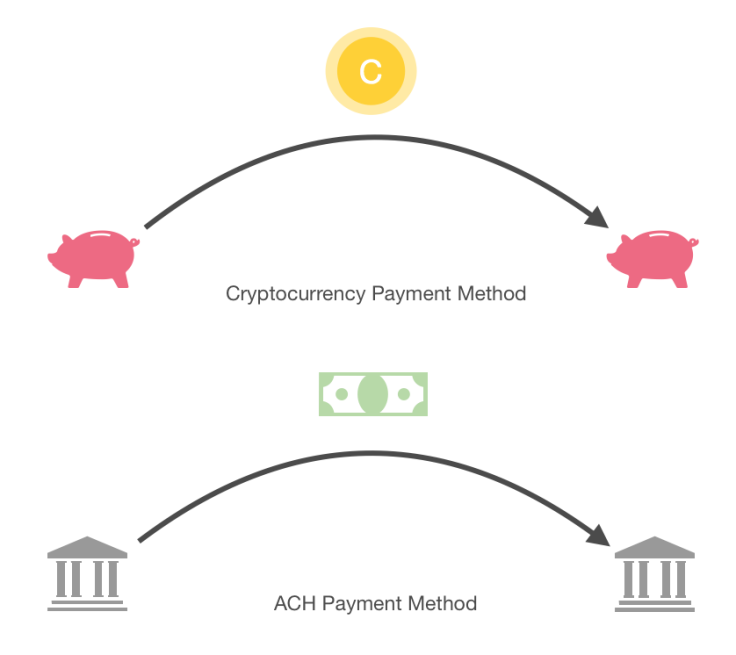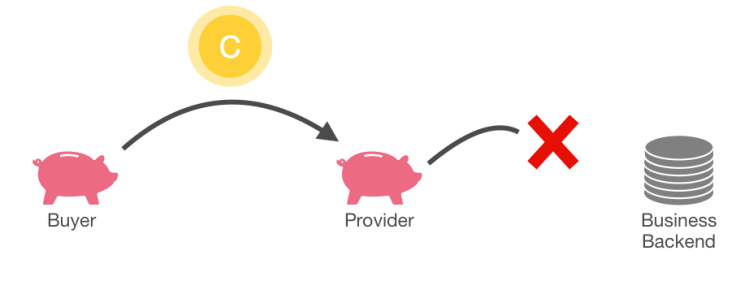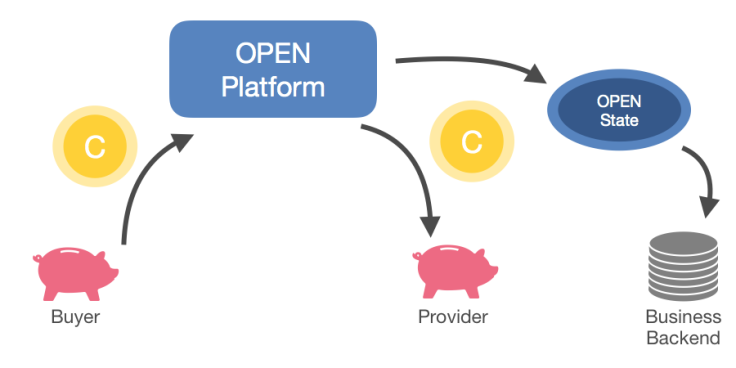The importance of receipts in blockchain payment systems
Chase Smith, Lead Blockchain Architect at OPEN, discusses a decentralized receipt of purchase solution called OPEN State.

Every time you buy groceries from Safeway or order a fidget spinner on Amazon, you are engaging in an electronic payments-based economy. This may seem obvious, but it has important repercussions when you look at what exactly creates the trust in these systems.
After all, what stops the grocery store or Amazon from overcharging you, or not providing the services, the answer lies in a payment tracking system that has been in place since Ancient Egypt -- the receipt.
There are many similarities between the blockchain and the receipt with regards to transparency, but unlike the receipt, transactions on the blockchain do not have an easy way to contain purchase information that carries over to the business side.
Why is it important to have receipts?
The receipt was made to track every purchase and the exchange that accompanied it. It is utilized in the modern era to ensure that the correct items are given for the correct amount of money. In online applications a receipt is even more important because the receipt (or a form of receipt) is what talks to the application to ensure that the user gets what they paid for. Through the receipt there are several positives:
- A level of trust and transparency for the user when they interact with a centralized business entity.
- A guide for the business entity on what you should have.
This is so important because without a receipt it is impossible for either party to determine what was bought and sold. In an online application this is bad, but in a completely decentralized network like the blockchain this is unmanageable.
The Absence of a Decentralized Receipt System in Crypto-payments
With this being said, the current landscape of crypto-payments lacks this receipt. Every store transaction is essentially a transfer from the consumer's wallet to the seller's. If you were to provide a parallel to this in centralized infrastructure it would be the equivalent of having every transaction be an ACH payment from the consumer to the supplier.

With these direct payment schema, it becomes impossible for either party to track what exactly was purchased in the transaction which can lead to issues between parties. This means that the transparency that receipts provide does not exist in a system that is designed with the intention of creating more transparency.
Why are there no receipts for cryptocurrencies?
Despite the fact that decentralized systems are designed to provide complete transparency of transactions, there are no current methods for providing receipts regarding cryptocurrency payments. What this means is that any cryptocurrency payment is just that, a payment with nothing behind it.
Anybody who has transacted business via cryptocurrency payment is well aware of this flaw. In order to feel comfortable, buyers and sellers end up sending each other links to the blockchain ledger via email in order to say, "hey I just paid you for X, Y and Z". Obviously, this is not a scalable solution.
The Disconnect between Business Operations and Decentralized Payments
It is easy to prove that a transaction that occurred on the blockchain occurred by querying the public chain, but it is very difficult to connect each transaction with a real world business process. The reason for this stems from the difficulty with securely connecting decentralized operations (even in smart contracts), with actions on centralized infrastructure. There needs to be a way for developers to set up actions associated with payments.

While many blockchain enthusiasts dream about purely decentralized economies, the reality is that almost all financial transactions take place via off-chain applications. The ERPs, accounting systems, and e-commerce platforms that power our economy rely on maintaining a verifiable link between consumers, businesses and trading partners. These organizations have invested significantly in these management systems and there is not justification for substituting them with new decentralized counterparts. For the blockchain economy to thrive, it must adequately address the need to integrate with existing and future centralized applications.
How does this hurt businesses?
Without receipts, businesses have much greater obstacles to taking advantage of the many benefits of cryptocurrency acceptance:
- Lowered transaction costs
- Faster transaction speeds
- A global market
In order to capitalize on the immense benefits of cryptocurrency payments, businesses must develop their own in-house acceptance methods that are customized to their specific solutions. This is an incredible pain point because developers must then develope their own systems to accommodate and propagate these transactions.
A Receipt for the Decentralized World
The OPEN Platform solves this issue by providing each entity a decentralized payment gateway that produces a decentralized receipt of purchase known as an OPEN State. The OPEN State combines several key principles of blockchain: they are public, they provide transparency for the user, and most importantly they can connect to a real-world business process. Thanks to OPEN's developer wallet, the integration between on-chain and off-chain transactions can be seamlessly implemented without the need to reprogram existing applications.
The OPEN State
The OPEN State does this by using a variety of connections with decentralized and centralized infrastructure. The OPEN State is created from a payment to a decentralized payment gateway known as the Scaffold. The OPEN State is comprised of the information relevant to a verified purchase including payment and items involved.

Since the OPEN State can be stored in a distributed data store like IPFS, it is then possible for the centralized infrastructure to pull information from the purchase so that the items can be correctly delivered to the user.
Every day over $15 billion dollars changes hands in the cryptocurrency markets. Each and every one of these transactions is missing a critical element: a simple receipt. The time to fix this is now, and I am glad that the OPEN Platform has developed a secure, scalable solution that addresses this critical need.
Chase Smith is Lead Blockchain Architect at OPEN Platform






